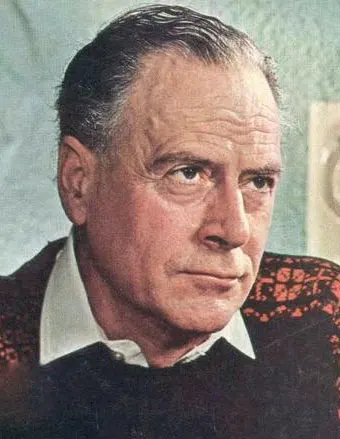First of all, what is the medium? According to Google, the medium is a communication theory that examines how the medium is used to convey a message affecting the message itself. It focuses on the differences between media e.g. print, television or digital. A common way of defining media would be ŌĆśas technologies that communicate messages to audiences in different parts of a region, country or even the worldŌĆÖ. (Laughey,2007).
Marshal McLuhan, ‘ The Medium is the Message ‘

Marshall McLuhanŌĆÖs theories offer profound insights into the role of media in shaping careers, especially in the Internet age. Known for his idea that ŌĆ£the medium is the message,ŌĆØ McLuhan suggested that the medium’s structure itself, rather than the content it conveys, significantly impacts society and individual consciousness. For instance, he argued that a lightbulb, while not communicating any content, transforms environments, social interactions, and skills, changing the world around it without “saying” anything. McLuhan’s view turns media from a content delivery tool into an environment that shapes human behaviour.
As a technological determinist, McLuhan believed that human history advances through shifts in dominant media, often driven more by technology than by human agency. When examining the internet and social media, McLuhan encourages us to ask how these mediums alter human behaviour and history rather than focusing on how humans utilize them.
From a career development perspective, this lens highlights questions often overlooked, such as the psychological effects of rapid information and constant display. It suggests a need for new forms of career support that address the experiential impacts of living in the internet age, where the technology we inhabit continuously redefines our identities and career landscapes.
Neil Postman: Technopoly
Neil Postman (1931ŌĆō2003) was an influential American educator and critic known for his work on media, technology, and education. He spent his career at New York University, where he established the media ecology program, studying how media shapes society and thinking. Postman believed that media influences people not only through what it says but also through its format. For example, he argued that television, which relies on visual appeal, reduces serious topics like politics and news to entertainment, a theme he explores in his famous book┬ĀAmusing Ourselves to Death.
In┬ĀThe Disappearance of Childhood┬Ā(1982), Postman claimed that television removes the boundaries between childhood and adulthood, unlike print media, which uses words to separate audiences by age. In┬ĀTechnopoly┬Ā(1992), he warned that society’s blind trust in technology gives it too much power over cultural values.
Postman also had strong views on education. In┬ĀThe End of Education┬Ā(1995), he argued that schools should focus on building cultural unity, rather than simply preparing students for jobs or consumerism. Throughout his work, Postman encouraged people to think critically about how media and technology shape culture and daily life.
Bibliography:
https://www.britannica.com/biography/Neil-Postman#ref1198655


I really like how you present your blog, as it is engaging and full of information which helps me expand my knowledge with the topic you have chosen. I like how you have expanded on McLuhan’s theory by also including a video which does help in understanding this theory. Well done, keep it up!